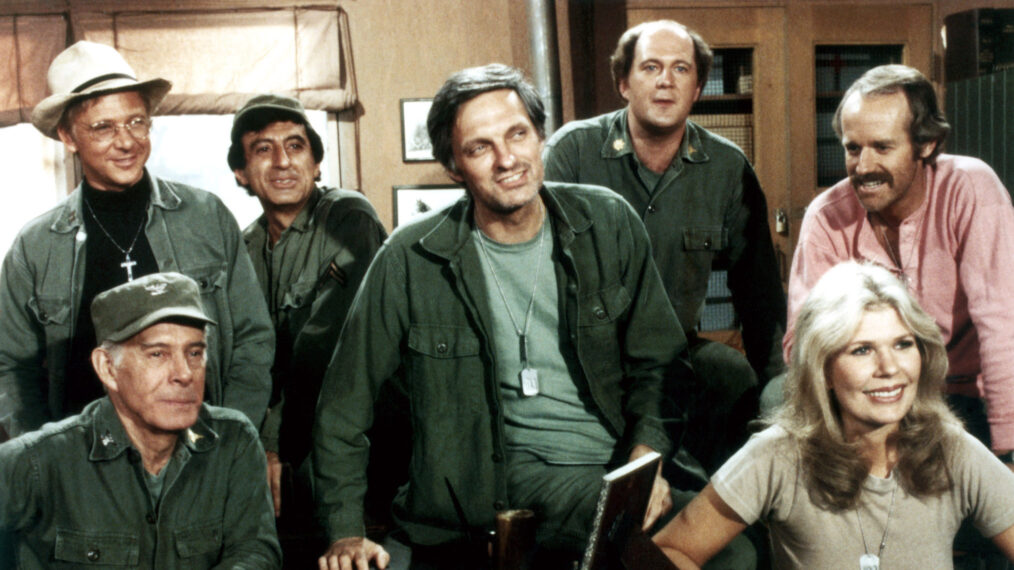After all the miles travelled by her coffin, the days of mourning and remembrance, the hours spent queueing by the hundreds of thousands who wanted to pay their respects at her lying-in-state, Britain and the world bid a final farewell on Monday to Queen Elizabeth II. It is a moment of thanksgiving for what her son, King Charles III, has called a life well lived. With solemn pageantry, the funeral will lay to rest something more than just the person of the Queen. For all its grief of past days, Britain may yet come to miss its departed monarch even more than it realises.
Many people in Britain and in the 14 other realms of which Elizabeth remained head of state have been surprised at the depth of their sorrow at her passing; even some republicans have saluted her. They have been surprised, too, by the extent of the reaction around the world. Countries as far afield as Brazil and Cuba — with no direct connection to the British monarchy — have held days of mourning. France’s president Emmanuel Macron summed up the global response by noting that: “To you, she was your Queen. To us, she was The Queen.”
A glance at the guest list for the funeral provides an idea of the soft power Queen Elizabeth helped her country to project. The 2,000 invitees include a roll-call of monarchs from Belgium to Bhutan, of elected leaders and of ceremonial heads of state. According to some estimates, more than 4bn viewers may watch the funeral globally, which, if achieved, would make it the most watched live broadcast in history.
King Charles will inherit enormous goodwill and a worldwide network of relationships from the decades he has spent preparing to succeed his mother. He will bring to the role his own qualities and commitment to service. But the valediction for a seven decades-long monarch who personified “global Britain” is a time for the government to reflect that no one person can emulate her levels of soft power, and that a post-imperial and post-Brexit UK needs to seek and nurture other sources.
For the world as a whole, the Queen’s passing represents the turning of a historical page in a wider sense. Her extraordinary reign was in many ways the product of a unique confluence of circumstances. She came to the throne of what was still an empire, even as it was being dismantled and transforming itself into a commonwealth. She acceded at an unexpectedly young age, and proved to be remarkably long-lived. The beginning of her reign coincided with the dawning of the era of global mass media, her coronation becoming the first great televised event.
The Queen inspired immediate interest and affection as a source of glamour in a country still living through the drabness of postwar austerity, and as a young female leader in a world still dominated by older men. Over time she utilised the platform she had been given not just to be a symbol and transcending representative of her country but to project personal values of duty, service and compassion that proved to have international appeal.
The waning of monarchies worldwide and the passing of the imperial era will make it difficult for such conditions to come together again. The fragmentation of mass media, and rise of social media, have altered the iconography of fame. Modern societies are less deferential to authority, royal or not. There will be many more globally televised moments — including the coronation of King Charles — and farewells to world leaders. But the laying to rest of the Queen may be one of the last great royal funerals, marking the end of perhaps one of the last royal reigns anywhere to have such truly global resonance.


























































![Mason Ramsey – Twang [Official Music Video] Mason Ramsey – Twang [Official Music Video]](https://i.ytimg.com/vi/xwe8F_AhLY0/maxresdefault.jpg)




















